You spent the whole day answering work emails, running errands, and caring for your kids. Yet when night falls, you’re furiously counting sheep instead of catching z’s. Needless to say, your next-day energy levels are almost non-existent, and you end up feeling and functioning at a suboptimal level due to a lack of sleep.
When you aren’t able to fall asleep or stay asleep at night, you’re not getting the sleep you need, meaning you’re racking up sleep debt (how much sleep you owe your body over the last 14 nights). The effects of sleep debt can be felt immediately, impacting everything from your productivity at work to how positive you feel during the day, with the inevitable lower energy levels meaning you’re not functioning or feeling your best.
This might leave you wondering how it’s possible you’re asking yourself how to make yourself tired at night — indeed, you know you’re incredibly tired! As it happens, your struggle to fall asleep and stay asleep has likely nothing to do with how tired you are.
This post will show you that meeting your sleep need (the genetically determined amount of sleep you need) is not about finding the right sleeping position or monitoring your sleep quality (for which there's no scientifically agreed upon definition). Instead, learning how to improve your sleep hygiene (key behaviors practiced throughout the day paired with your circadian rhythm) will help you fall asleep and stay asleep to get the rest your body needs.
How does tiredness work?
What is sleep hygiene?
How can I make myself feel tired?
If you’re wondering how to make yourself tired so you fall asleep and stay asleep, the first thing you really need to know is how tiredness “works.”
Your sleep drive and circadian rhythm are two independent processes that work together to control your sleep-wake cycle; which is to say, together they determine how much you need to sleep and the timing of that sleep. Understanding how your sleep drive and circadian rhythm interact with each other is the foundation for helping you get the hours of sleep you need for better energy the next day.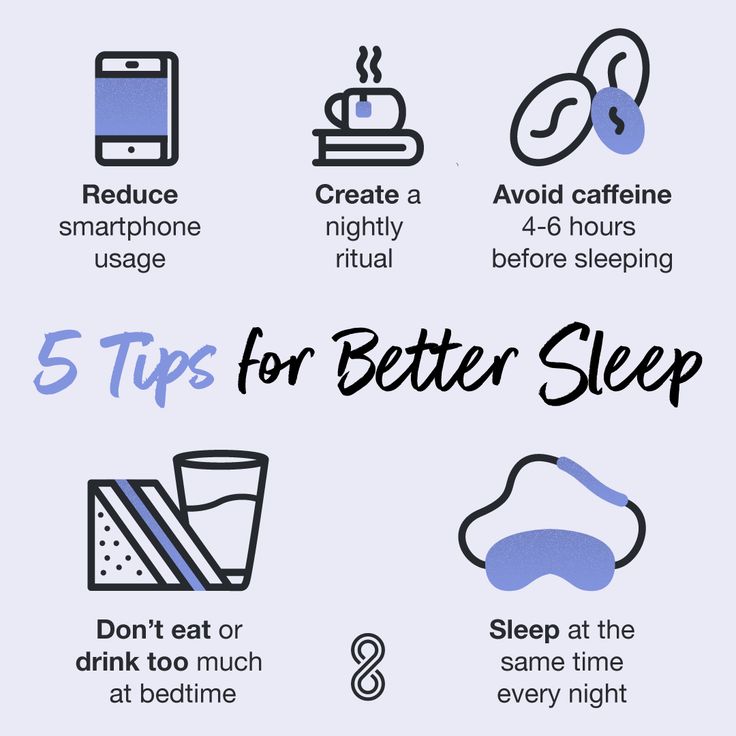
Your sleep-wake cycle relies on sleep pressure to operate normally. Sleep pressure is the gradual buildup of adenosine — an organic compound that causes drowsiness — to help you fall asleep at night. So, how does sleep pressure relate to your sleep drive (aka sleep homeostasis)?
You can think of sleep homeostasis as a seesaw that wants to be level. When sleep pressure builds during your waking moments on one end, the seesaw becomes unbalanced. This prompts you to go to bed at night and purge your brain of adenosine while you sleep, returning the seesaw to its balanced state come morning.
When your body isn’t given the chance to meet its sleep need, it can’t fully remove adenosine. The leftover adenosine or resulting sleep debt is why you don’t have to wonder about how to make yourself tired — your body will carry over the remaining adenosine to the next day. Instead, what you need to do is to learn how to work with your circadian rhythm, which dictates the ideal timing of sleep (and practice good sleep hygiene so as to not interfere with that process) to help you get the sleep you need.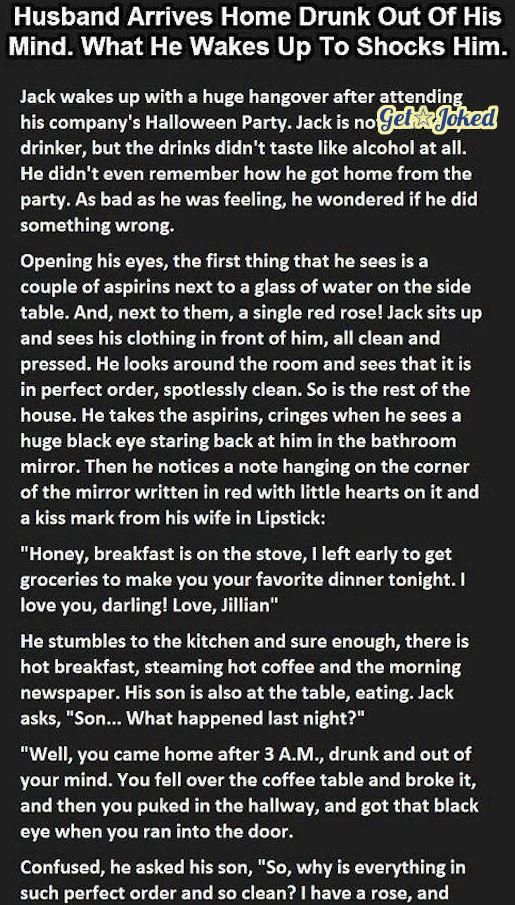
Understanding how your sleep drive works is fundamental to getting quality sleep, but it’s not the only factor. The other part of the equation is your circadian rhythm, your internal clock that operates in roughly 24-hour periods.
Your circadian clock dictates how your energy levels fluctuate throughout the day and plays a key role in helping you get to sleep at night. When you wake up, light triggers your circadian master clock — the suprachiasmatic nucleus (SCN) in your brain — to produce circadian-alerting signals and neutralize drowsiness. These signals increase steadily from the moment you rouse until quieting down temporarily in the afternoon (i.e., your afternoon dip). They then pick up again.
As you get closer to your bedtime, your sleep drive is at an all-time high. In response, your internal clock puts in one last burst of energy to produce peak levels of circadian-alerting signals and try to combat the increased sleepiness. This is why you usually experience an energy surge during the few hours before bed (we call this phase your Evening Peak in the RISE app). This is why falling asleep 2-3 hours before your biological bedtime is nearly impossible, which is something you’ve probably encountered when traveling east between different time zones (it’s more difficult to bring your bedtime forward than delay it).
This is why falling asleep 2-3 hours before your biological bedtime is nearly impossible, which is something you’ve probably encountered when traveling east between different time zones (it’s more difficult to bring your bedtime forward than delay it).
Past this second energy peak, the circadian signals lose their intensity due to the absence of light. Faced with an overpowering sleep drive, you’ve reached your prime time for sleep, which we refer to as your Melatonin Window in the RISE app (more on that later).
If you’re wondering why you have trouble sleeping at your target bedtime, circadian misalignment is often the crux of the problem. External factors like caffeine have the power to keep your body up later than it would naturally like, upsetting your internal clock. Things like light exposure, your previous sleep-wake times, temperature, food, and exercise all have the power to influence and therefore misalign your circadian rhythm, too.
Sleep hygiene is the name for the set of habits you can do throughout the day to help you sleep at night.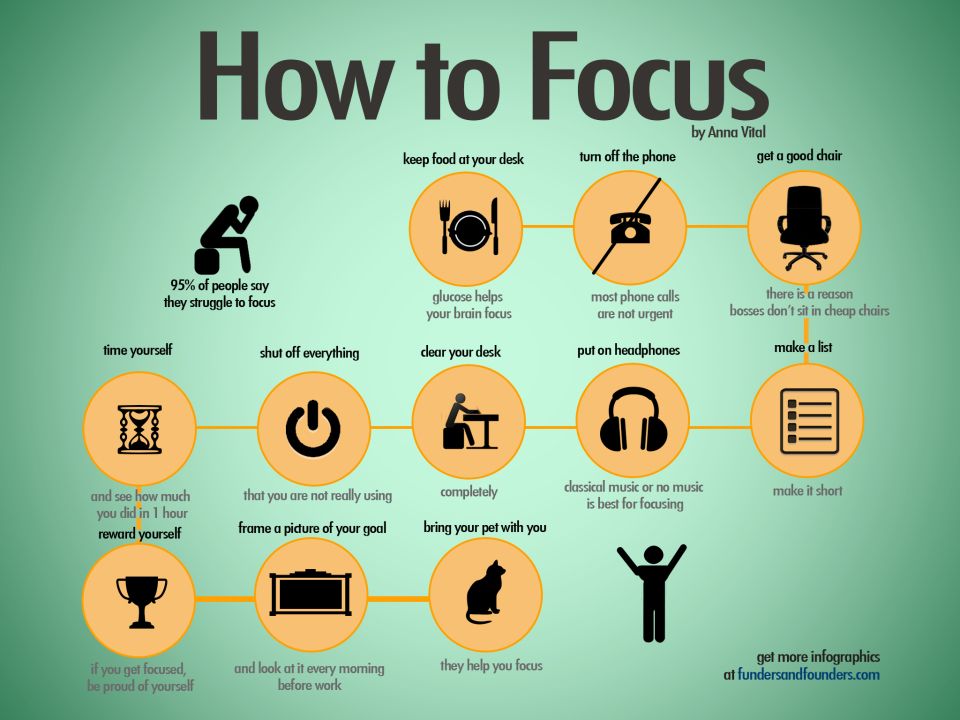 But why is this important?
But why is this important?
Getting the sleep you need isn’t about how to make yourself tired (which, in reality, is redundant since you are most likely already sleep-deprived). Instead, the question you should be asking yourself is, “How can I fall asleep quickly and stay asleep?”
The answer: By understanding your circadian rhythm and developing better sleep hygiene to help you meet your sleep need. But, these two things aren’t completely separate. In fact, sleep hygiene is most effective when paired with your individual circadian rhythm.
For example, if you know the start of your Melatonin Window, you can make sure you don’t get too much light exposure too close to your bedtime. The RISE app helps you estimate when you should start wearing your blue-light blocking glasses to prevent artificial light from suppressing your body’s natural melatonin production, better known as the sleep hormone. Doing so ensures you’ll have optimal melatonin levels to help you feel sufficiently sleepy by the time your bedtime rolls around.
This, in turn, promotes a virtuous cycle of hitting the sack at the best time for your sleep cycle so you can meet your sleep need.
But remember sleep hygiene isn’t purely about your bedtime routine and sleep habits. Instead, sleep hygiene also includes daytime behaviors that affect your nightly slumber. Practicing the daytime do’s and don’ts per our recommendations below can help you feel sufficiently sleepy when it’s time for bed.
For a more in-depth read on how to improve your sleep hygiene at any time of day, check out our Sleep Guide.
There are some things you can do to make falling asleep easier in the moment, but a lot of these behaviors start earlier in the day. Here are 23 ways you can make yourself feel tired either straight away or night after night.
Irregular sleep and wake times trip up your circadian rhythm and cause circadian misalignment.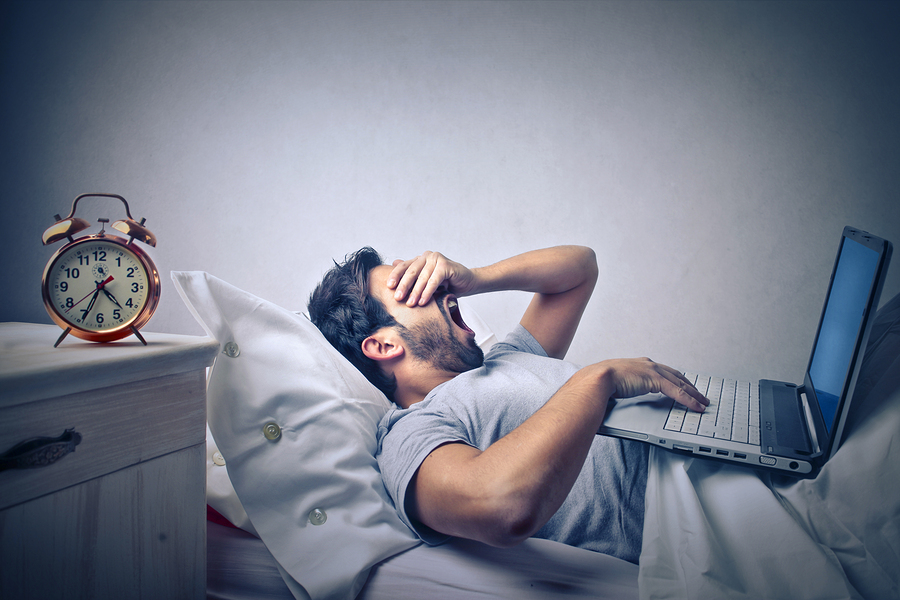 This disrupts the hormones regulating sleep, making it harder to fall asleep when you want to. Beyond sleep hormones, circadian misalignment throws off hormones regulating your metabolism, inflammation, and almost every other process in your body, draining you of energy and impacting your mood, weight, and many other functions.
This disrupts the hormones regulating sleep, making it harder to fall asleep when you want to. Beyond sleep hormones, circadian misalignment throws off hormones regulating your metabolism, inflammation, and almost every other process in your body, draining you of energy and impacting your mood, weight, and many other functions.
For many, the workweek revolves around an early sleep schedule. When the weekend rolls around, we tend to keep late nights for social calls and sleep in the next morning. Unfortunately, this sets you up for social jetlag (a disconnect between your biological and social times), which is why you have difficulty snoozing on Sunday night even if you’ve gone to bed early.
Keeping your sleep patterns regular is one of the best ways to strengthen your circadian rhythm and help you reliably go to sleep when it’s best for you. Aim for a consistent sleep schedule that accounts for your sleep need and chronotype (i.e., your biological timing preferences for sleeping and waking; morning bird, night owl, and everything in between).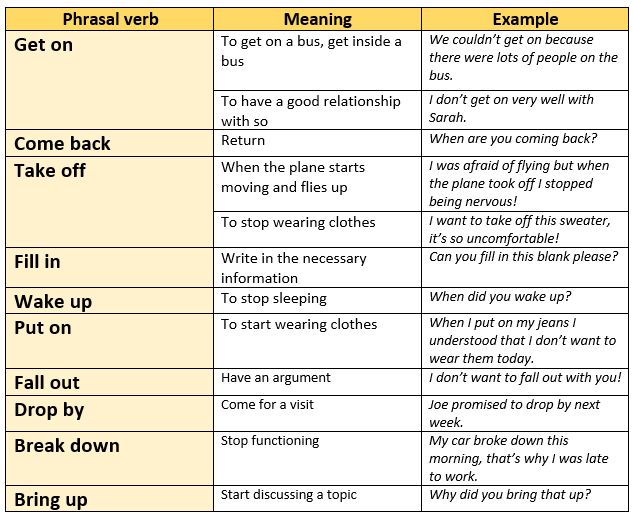
Knowing when to go to bed is vital to falling asleep more easily and remaining asleep throughout the night. But, there’s a huge difference between trying to go to bed earlier and knowing exactly when that optimal window of time is.
RISE takes the guesswork out of finding the best time to go to sleep by calculating your biological bedtime based on your recent sleep times and circadian rhythm. We call it your Melatonin Window in the app, which may change from day to day, depending on external factors and how consistent your sleep schedule has been.
As darkness falls, your brain starts producing melatonin about two hours before bedtime in what scientists call the dim light melatonin onset (DLMO). About two hours later, you’ll reach your Melatonin Window, a prime time for sleep as your body’s melatonin production hits peak levels.
When you don’t go to bed during your Melatonin Window (read: you sleep earlier or later), it's harder for you to doze off as your body now has less melatonin to work with.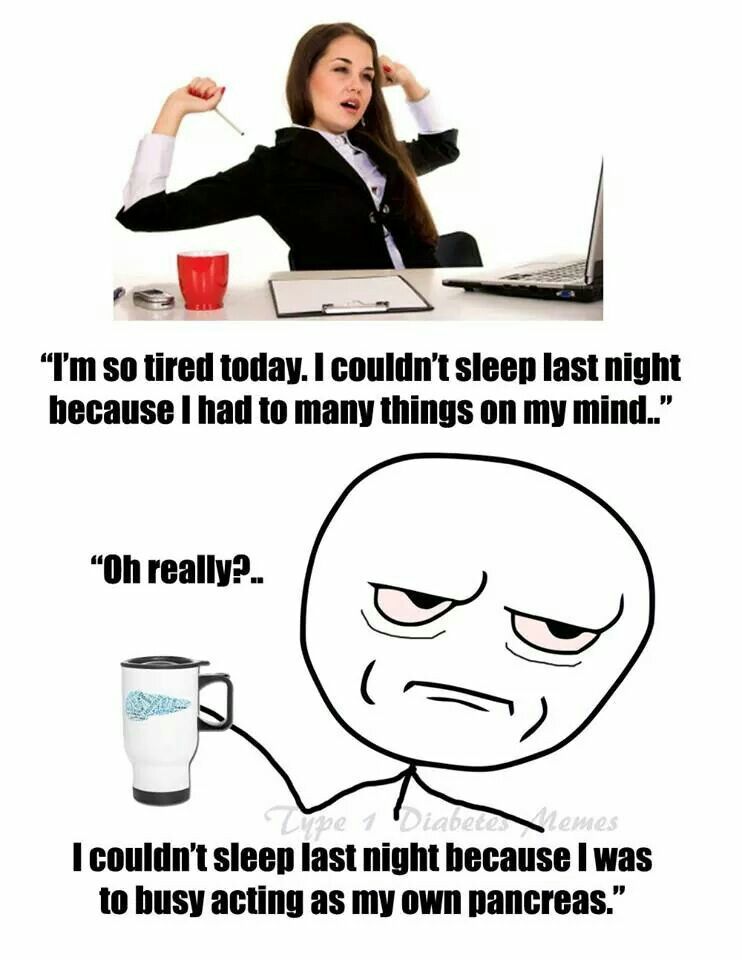 RISE can help you hit the sack at the right time to avoid the above scenario. Go to the "Energy" tab in the app and add the “Melatonin Window” habit to your "Energy Schedule." This way, you won't miss out on your prime time for sleep.
RISE can help you hit the sack at the right time to avoid the above scenario. Go to the "Energy" tab in the app and add the “Melatonin Window” habit to your "Energy Schedule." This way, you won't miss out on your prime time for sleep.
Napping lowers your sleep drive, or the urge to sleep, so if you nap too close to bedtime or nap for too long, it will be harder to fall asleep at night.
Check RISE to see when your afternoon dip in energy is. This is the ideal time to take a nap.
Plus, keep naps to 90 minutes maximum (the longer you sleep, the more sleep pressure you release). Alternatively, a shorter nap — think 10 to 20 minutes — may be the best nap length instead, as power naps can boost alertness, memory, and performance, without interrupting nighttime sleep.
Light is a major contributing factor to circadian misalignment but light at the right times can make it easier to fall asleep and stay asleep come bedtime. Exposure to sunlight in the morning prompts your brain to suppress melatonin — waking you up — and raises cortisol (a hormone that encourages alertness) and serotonin (a mood-regulating neurotransmitter). About 12 hours later, this serotonin will get converted into melatonin to help you feel sleepy.
Exposure to sunlight in the morning prompts your brain to suppress melatonin — waking you up — and raises cortisol (a hormone that encourages alertness) and serotonin (a mood-regulating neurotransmitter). About 12 hours later, this serotonin will get converted into melatonin to help you feel sleepy.
Aim to get at least 10 minutes of light as soon as possible after waking up to reset your circadian rhythm. Natural light is best, but a light box can work if this isn’t an option. If it’s cloudy outside or you’re getting light through a window, aim to get 30 minutes of light exposure instead.
Light isn’t just important in the morning. Aim to get four to five hours of bright light exposure during the day, too. Work by a window, go for a walk, and take your workout outside to maximize how much sunlight you get.
Research shows light exposure during the day can make you less sensitive to bright lights come evening. That brings us to our next tip.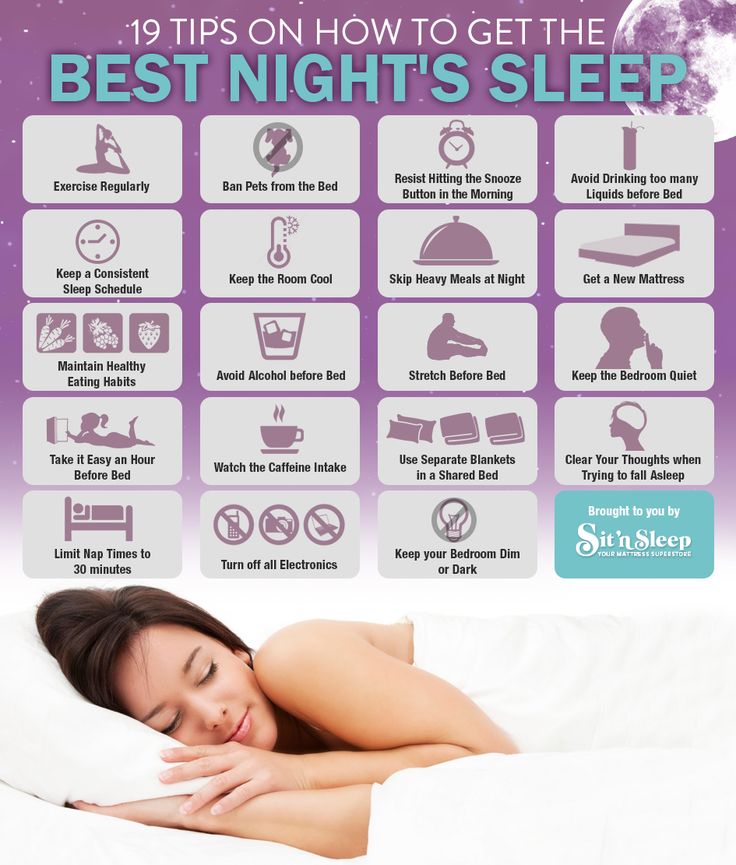
Where light can work for you in the morning to help you wake up, it can also work against you at night and hinder your sleep.
Modern society has taught us to surround ourselves with artificial light when darkness falls — think blue-light-emitting electronic devices and street lights. This fools your brain into thinking it’s still daytime. Too much light at any intensity (bright or dim) may make us assume our inability to fall asleep is due to insomnia rather than the light sources around us.
In fact, research shows that exposure to artificial room lighting (less than 200 lux) at dusk:
With suboptimal melatonin levels to work with, it’s no wonder you don’t feel tired even when it’s time for bed.
When dusk falls, wear blue-light blocking glasses and opt for dim lighting to help you fall asleep more easily. RISE can remind you when to wear your glasses to minimize blue light exposure. Go to the "Energy" tab in the app and add the “Blue-Light Blocking” habit to your "Energy Schedule."
Caffeine blocks the adenosine receptors in your brain to keep sleep pressure at bay. For that same reason, caffeine keeps you up at night if you drink it too close to your bedtime. And caffeine can last in your system for up to 12 hours.
You can still enjoy a cup of coffee or two during the day without it impacting you at night, though. You just need to find out your unique cutoff time. This is the time of day you should stop drinking caffeine to give your body enough time to clear it out of your system by bedtime. RISE can work out when this is based on your circadian rhythm each day. Learn more about your ideal caffeine cutoff time for better sleep here.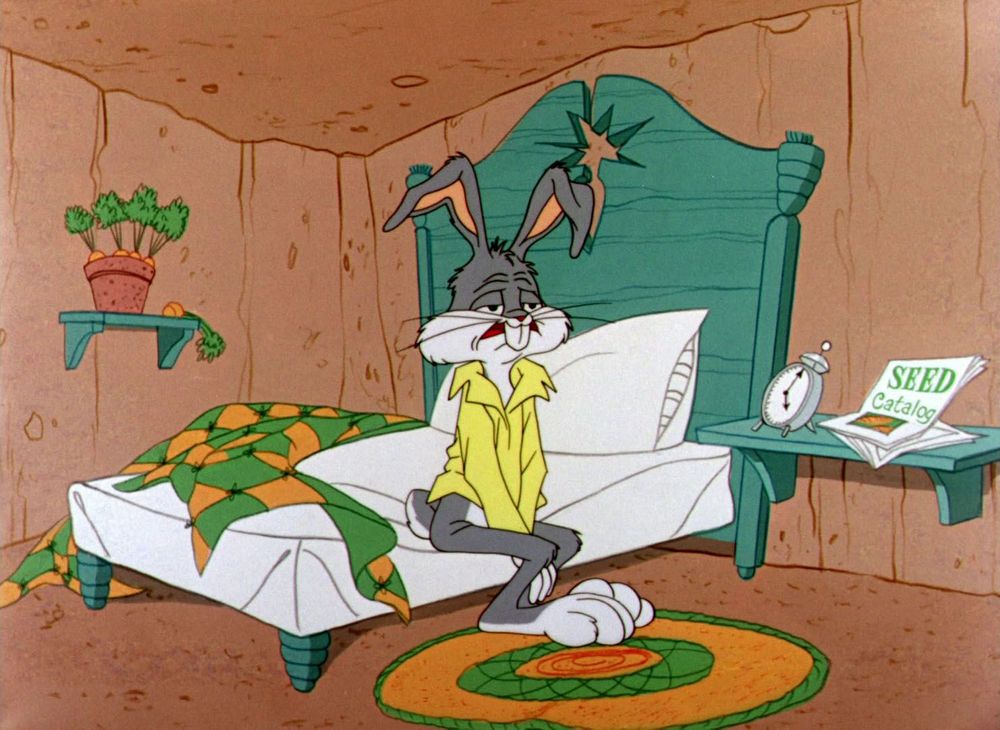
You may liken alcohol to sleep medicine, but that’s a common misconception. The reason being, alcohol facilitates an easy transition into unconsciousness, but it’s coupled with frequent wake-ups in the middle of the night.
It’s best to abstain from alcohol entirely in the name of healthy sleep. But if you have to have a nightcap, drink it at least 3-4 hours before bed. The RISE app has an “Avoid Late Alcohol” habit that you can add to your energy schedule for timely reminders.
Large meals are yet another thing that can disrupt and push back your circadian rhythm, making it harder to fall asleep when you want to.
Have your last meal at least three hours before bedtime to stop this from happening. This will also stop things like acid reflux and digestive issues keeping you up or waking you up in the night.
Plus, there may be other health benefits to eating earlier, too. Research shows eating too close to bedtime messes with your glucose metabolism and is linked to weight gain.
Research shows eating too close to bedtime messes with your glucose metabolism and is linked to weight gain.
It’s not just when you eat, what you eat can also make it harder to fall asleep.
Avoid spicy, rich, fatty, high-carb, and sugary meals before bed as they can cause digestive issues and keep you up. Eating meals with lower fiber content and high saturated fat and sugar has been associated with lighter sleep and waking up more often in the night.
There are foods that can help you sleep, on the other hand. Turn to fiber-rich foods like beans, broccoli, and whole grains, as fiber has been linked to getting more deep sleep. Tryptophan is a sleep-promoting amino acid you can find in things like chicken, eggs, spinach, and chickpeas. You can learn more about how food affects your sleep here.
Regular exercise helps you fall asleep faster, promotes deep sleep, and recalibrates your circadian rhythm.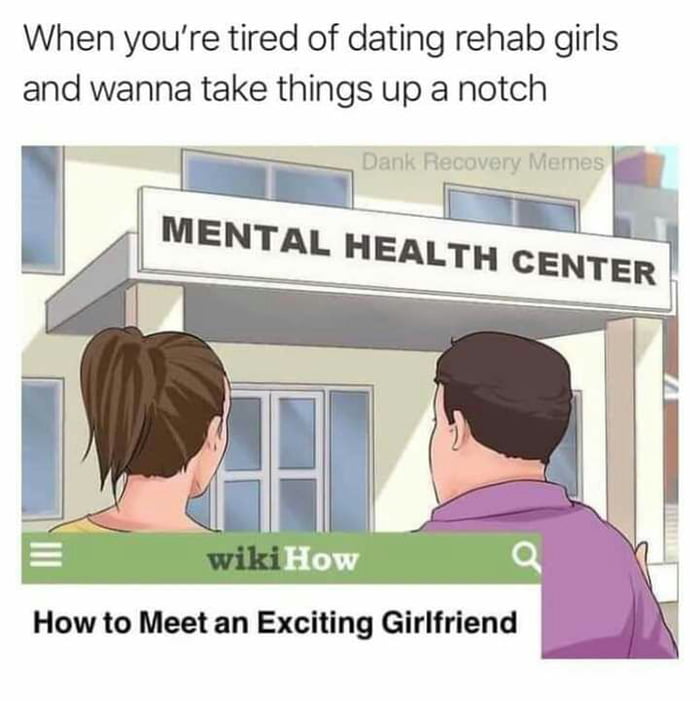 Intense exercise even increases adenosine levels, making you feel drowsier, and decreases sleep latency, the time it takes to fall asleep. So, if you don’t already, make sure to get some exercise each day to help you sleep at night.
Intense exercise even increases adenosine levels, making you feel drowsier, and decreases sleep latency, the time it takes to fall asleep. So, if you don’t already, make sure to get some exercise each day to help you sleep at night.
But exercising too close to your bedtime may be what’s keeping you from dreamland.
According to a 2018 systematic review in the Journal of Sports Medicine, participants who engaged in vigorous exercise less than an hour before sleep spent more time in bed wide awake.
Avoid working out at least one hour before your target bedtime. RISE can help you achieve this when you add the “Earlier Workouts” habit to your energy schedule in the app.
There is one exercise we endorse close to bedtime: sex. Orgasms trigger oxytocin and prolactin and suppress cortisol, making you feel more relaxed. Especially in women, orgasms can even slow down brain activity in the amygdala, hippocampus, and prefrontal cortex, which reduces alertness, anxiety, and decision-making thinking, making it easier to drift off.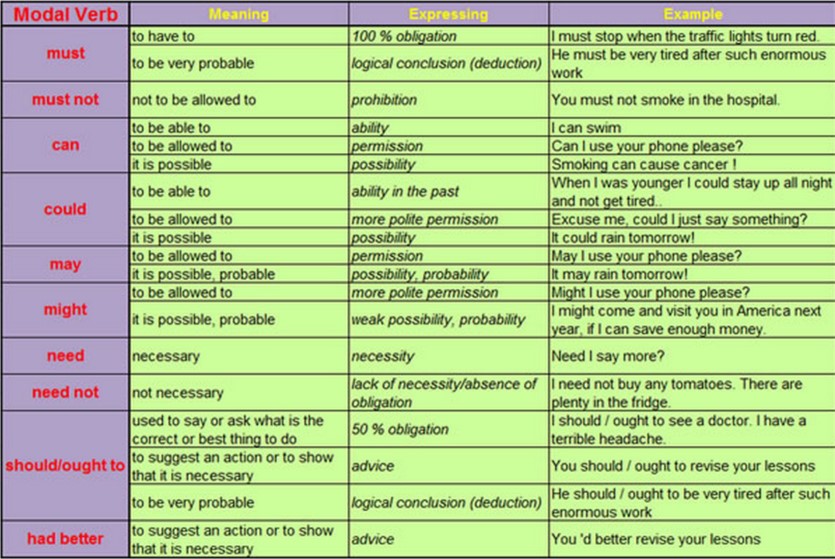
Even orgasms from masturbation have been associated with better sleep latency and better sleep quality.
We’ve all been guilty of staying up way past our sleep time — even when nothing is keeping us from it. Perhaps you’ve been busy all day, and this is the only free time you have to scroll through social media on your cell phone. No matter your excuse, you’re engaging in bedtime procrastination.
An evening wind-down is the perfect pre-sleep routine to help you step away from slumber-distracting tasks and focus on slowing down your body and mind. Make time to do relaxing activities like reading, journaling, yoga, or listening to calming music.
You can personalize your wind-down in the RISE app to your liking. Turn on the in-app notifications to give yourself a heads up on your wind-down 1-2 hours before bed.
Temperature is hugely important to getting a good night’s sleep. Keep your bedroom at a cool 65 to 68 degrees Fahrenheit and make sure your bedding or night clothes aren’t making you too warm.
A hot shower or a warm bath can also help to cool you down before bed. The warm water helps to mimic the natural drop in your body temperature you get before bed, boosting your chances of more restful sleep. The warm water dilates the blood vessels near the skin surface, which are then exposed to cool air when you emerge from your shower or bath, cooling your body down rapidly. A warm bath or shower can also be part of a calming bedtime routine, too.
As well as keeping your bedroom cool, make it dark and quiet. Use blackout curtains and an eye mask and ear plugs. If you get up in the middle of the night to use the bathroom, avoid using bright overhead lighting and use your phone flash light instead. If earplugs aren’t enough to block out noise, try a white noise machine.
If you have high cortisol levels, you may find yourself physically tired but mentally wired, meaning you toss and turn late into the night.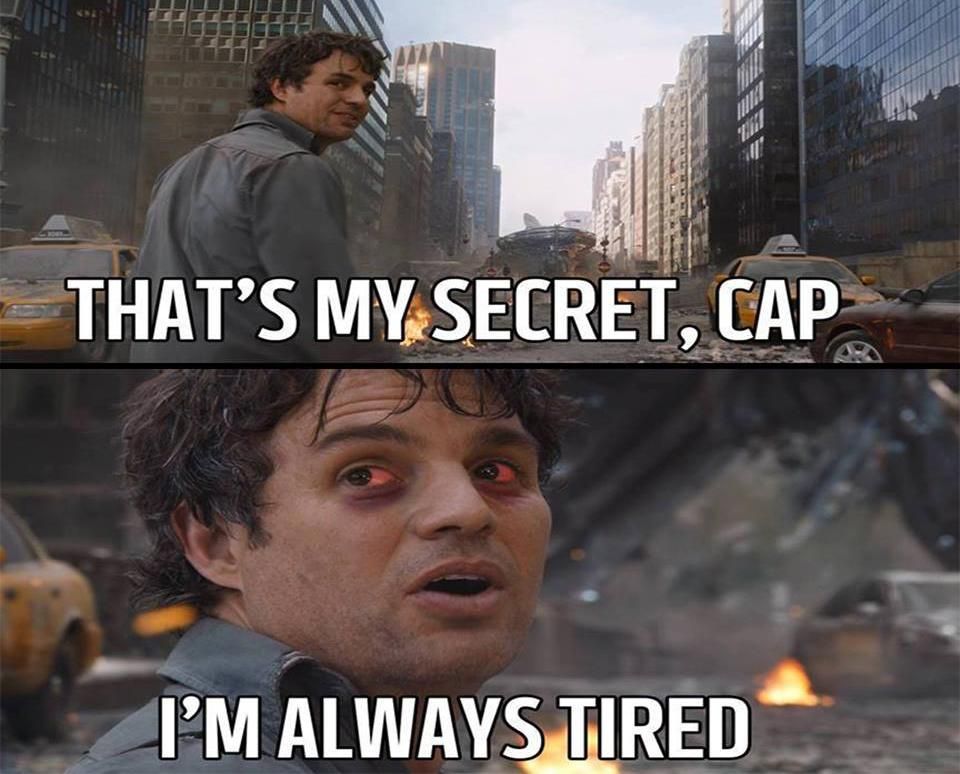
High cortisol levels can be caused by:
To lower your cortisol levels, maintain excellent sleep hygiene to help you stay in sync with your circadian rhythm and practice stress-busting techniques like spending time in nature, reading, and implementing a wind-down routine before bed.
If you’re struggling to feel sleepy at night, you might be tempted to reach for an over-the-counter sleep aid. But these medications not only come with many health risks and side effects, they don’t help you get naturalistic sleep. Plus, when you stop using them, you may experience rebound insomnia, meaning the sleep problem you were trying to fix is suddenly even worse.
There are rare occasions when melatonin, a supplement version of the natural sleep hormone, can be useful.
Consider taking melatonin to help you fall asleep when shifting your circadian rhythm. This happens when:
If you do turn to melatonin in these cases, the RISE app can tell you the best time to take the supplements to help you feel sleepy at your desired bedtime.
For a deeper dive into the safety, side effects, and alternatives to sleep aids, head here.
If you wake up during the night and have trouble falling back to sleep, you can perform a sleep reset. Tossing and turning in bed while watching the clock will only hike up your cortisol levels and make it harder to fall back to sleep. Instead, get out of bed and do a relaxing activity like reading until you feel sleepy.
If you’re trying to bring your sleep schedule forward — perhaps you’re a night owl trying to become a morning person — it helps to do things gradually.
Set a bedtime that’s 15 minutes earlier every few days, instead of making huge jumps. This way, your circadian rhythm can slowly get used to the change and you’ll start to feel sleepy at an earlier time.
You can learn how to reset your sleep schedule here.
This is another tip that can help you feel tired in the moment. Relaxation techniques and breathing exercises can not only slow down your body and mind, they can give you something to focus on to stop your mind whirring with anxious thoughts.
You can try:
 Try imagining parts of your body getting warmer or heavier.
Try imagining parts of your body getting warmer or heavier.The RISE app can guide you through relaxation and deep breathing techniques like these.
Calming, slow, relaxing music can help you wind down and feel sleepy. It can also provide a distraction if anxiety is keeping you up and block out any sounds that may disturb you.
Relaxing classical music has been shown to improve perceived sleep quality in students and soothing music has been shown to help older adults fall asleep more quickly and wake up less during the night.
As we’ve said, stress and anxiety can make falling asleep much harder. Another way to manage this is by doing a brain dump. Write down everything that’s stressing you out or make a to-do list for the next day.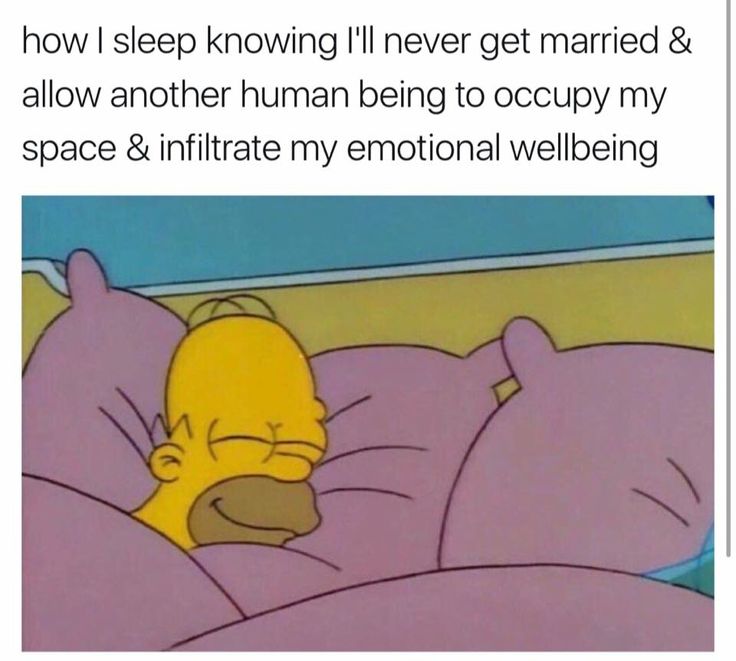
RISE can remind you to do a brain dump each evening. Plus, if you do your brain dump in the app, it will even remind you the next day, so you can drift off safe in the knowledge you won’t forget any important tasks.
We’ve explored more ways to curb anxiety at night here.
Science shows aromatherapy can work, so turn to essential oils to help you get some shut-eye. You need to choose the right ones though, as some can make you more alert while others make you feel drowsy.
Try these as they can increase drowsiness and feelings of relaxation:
Avoid these as they can increase alertness:
As you now know, better sleep hygiene and a consistent, well-timed bedtime, not sleeping pills, are the keys to feeling sufficiently tired at night to fall asleep and stay asleep. Get the RISE app today and observe how the amount of time you spend wide awake in bed significantly dwindles and your energy soars.
Get the RISE app today and observe how the amount of time you spend wide awake in bed significantly dwindles and your energy soars.
We include products we think are useful for our readers. If you buy through links on this page, we may earn a small commission Here’s our process.
If you buy through links on this page, we may earn a small commission Here’s our process.
Healthline only shows you brands and products that we stand behind.
Our team thoroughly researches and evaluates the recommendations we make on our site. To establish that the product manufacturers addressed safety and efficacy standards, we:
We do the research so you can find trusted products for your health and wellness.
Read more about our vetting process.Was this helpful?
Small changes in your sleep routine may help you fall asleep faster. These can include making the room cooler, practicing the 4-7-8 breathing method, and avoiding screens before bedtime.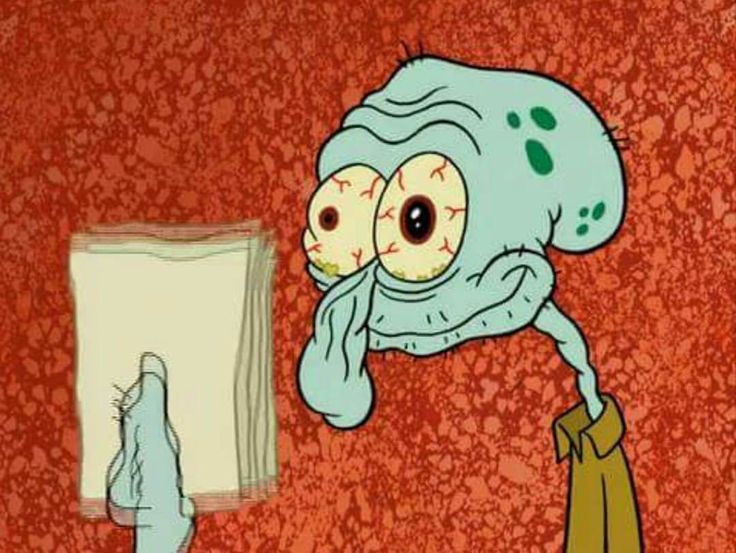
Good sleep is incredibly important.
It helps you feel good and makes your body and brain function properly.
Some people have no problem falling asleep. However, many others have severe difficulty falling and staying asleep through the night.
Poor sleep can have negative effects on many parts of your body and brain, including learning, memory, mood, emotions, and various biological functions (1).
Here are 20 simple ways to fall asleep as fast as possible.
Your body temperature changes as you fall asleep. Your body cools down when you lie down and warms up when you get up (2, 3).
If your room is too warm, you might have a hard time falling asleep. Setting your thermostat to a cool temperature between 60–67°F (15.6–19.4°C) could help (4).
Individual preferences will vary, so find the temperature that works best for you.
Taking a warm bath or shower could also help speed up the body’s temperature changes. As your body cools down afterward, this can send a signal to your brain to go to sleep (5).
One literature review found that taking a hot bath or shower before bed could improve certain sleep parameters, such as sleep efficiency and sleep quality.
Sleep efficiency refers to the amount of time you spend asleep in bed as opposed to lying awake.
People who took baths or showers measuring between 104°F–108.5°F (40.0°C–42.5°C) 1 to 2 hours before bedtime experienced positive results.
They reported improvements in their sleep even if their baths or showers lasted for as little as 10 minutes.
More research is needed, but these findings are promising (6).
The “4-7-8” method that Dr. Andrew Weil developed is a simple but powerful breathing method that promotes calmness and relaxation. It might also help you unwind before bed (7).
It’s based on breath control techniques learned from yoga, and it consists of a breathing pattern that relaxes the nervous system. It can be practiced any time you feel anxious or stressed.
Here are the steps:
This technique can relax you and help you fall asleep quickly.
Many people find that setting a sleep schedule helps them fall asleep easier.
Your body has its own regulatory system called the circadian rhythm. This internal clock cues your body to feel alert during the day but sleepy at night (1).
Waking up and going to bed at the same times each day can help your internal clock keep a regular schedule.
Once your body adjusts to this schedule, it’ll be easier to fall asleep and wake up around the same time every day (8).
It’s also important to get 7 to 9 hours of sleep each night. This has been shown to be the optimal sleep duration for adults (1).
Lastly, give yourself 30–45 minutes to wind down in the evening before getting in bed. This allows your body and mind to relax and prepare for sleep (9).
Light can influence your body’s internal clock, which regulates sleep and wakefulness.
Irregular light exposure can lead to the disruption of circadian rhythms, making it harder to fall asleep and stay awake (10).
During the day, exposing your body to bright light tells it to stay alert. Both natural daylight and artificial light, such as the kind emitted from an e-reader, have this effect on your alertness (11, 12).
At night, darkness promotes feelings of sleepiness. In fact, research shows that darkness boosts the production of melatonin, an essential hormone for sleep. In fact, the body secretes very little melatonin during the day (13, 14).
Get out and expose your body to sunlight or artificial bright light throughout the day. If possible, use blackout curtains to make your room dark at night.
Shop for blackout curtains online.
When people are stressed, they tend to have difficulty falling asleep (15).
Yoga, meditation, and mindfulness are tools to calm the mind and relax the body. Moreover, they’ve all been shown to improve sleep (15, 16, 17, 18, 19).
Yoga encourages the practice of breathing patterns and body movements that release stress and tension accumulated in your body.
Crystal HoshawLIVING WITH INSOMNIA
I have tried SO MANY things to sleep. Valerian, passionflower, chamomile, self-massage, yoga nidra (a type of body scan meditation), heavy exercise a few hours before bed, herbal oils on my head and feet, and even prescription medication. All of these have worked to varying degrees depending on how severe the insomnia has been, and I think of all of them as part of my deep sleep toolkit.
Was this helpful?
Research shows that yoga can have a positive effect on sleep parameters such as sleep quality, sleep efficiency, and sleep duration (15, 16).
Meditation can enhance melatonin levels and assist the brain in achieving a specific state where sleep is easily achieved (17).
Lastly, mindfulness may help you maintain focus on the present, worry less while falling asleep, and even function better during the day (18, 19).
Practicing one or all of these techniques can help you get a good night’s rest and wake up reenergized.
It’s normal to wake up in the middle of the night. However, the inability to fall back asleep can ruin a good night’s rest (20).
People who wake up in the middle of the night often tend to watch the clock and obsess about the fact that they can’t fall back asleep.
Clock-watching is common among people with insomnia. This behavior may cause anxiety about sleeplessness (21).
To make matters worse, waking on a regular basis without falling back asleep may cause your body to develop a routine. As a result, you might find yourself waking up in the middle of the night every night.
If possible, it’s best to remove the clock from your room. If you need an alarm in the room, you can turn your clock and avoid watching it when you wake up in the middle of the night.
Due to poor sleep at night, people with insomnia tend to be sleepy during the day, which often leads to daytime napping.
While naps of short duration have been linked to improvements in alertness and well-being, there are mixed opinions about the effects of napping on nighttime sleep.
Some studies have shown that regular naps that are long (at least 2 hours), and late may lead to poor nighttime sleep quality and even sleep deprivation (22, 23).
In a study of 440 college students, the poorest nighttime sleep quality was observed in those who reported taking three or more naps per week, those who napped for more than 2 hours, and those who napped late (between 6 p.m. and 9 p.m) (22).
A 1996 study found that older adults who napped frequently had lower quality nighttime sleep, more depressive symptoms, and more limited physical activity. They were also more likely to be overweight than those who rarely took a nap (23).
A recent study of high-schoolers concluded that daytime napping led to shorter sleep duration and lower sleep efficiency (24).
Other studies have revealed that naps don’t affect nighttime sleep (25, 26).
To find out if naps are affecting your sleep, try either eliminating naps altogether or limiting yourself to a short nap (30 minutes or less) early in the day.
It seems that the food you eat before bed may affect your sleep. For example, research has shown that high-carb meals may be detrimental to a good night’s rest.
A review of studies concluded that even though a high-carb diet can get you to fall asleep faster, it won’t be restful sleep. Instead, high-fat meals could promote a deeper and more restful sleep (27, 28).
In fact, several older and newer studies agree that a high-carb/low-fat diet significantly decreased the quality of sleep compared to a low-carb/high-fat diet.
This held true in situations where the high-carb/low-fat diets and the low-carb/high-fat diets contained the same amount of calories (29, 30, 31).
If you still want to eat a high-carb meal for dinner, you should eat it at least 4 hours before bed so you have enough time to digest it (28).
Music can significantly improve quality of sleep. It can even be used to improve chronic sleep disorders, such as insomnia (32, 33).
A study of 24 young adults demonstrated that sedative music promoted deeper sleep (34).
Listening to Buddhist music may be another great tool for better sleep, as it can reduce the amount of time it takes you to fall asleep. This parameter is known as sleep onset.
Buddhist music is created from different Buddhist chants and is used for meditation (35).
Another 50-person study revealed that those who were exposed to soothing music for 45 minutes at bedtime had a more restful and deeper sleep compared to those who didn’t listen to music (36).
Lastly, if relaxing music isn’t available, blocking all noise could also help you fall asleep faster and promote uninterrupted sleep (37, 38).
Physical activity is often considered beneficial to healthy sleep.
Exercise can increase the duration and quality of sleep by boosting the production of serotonin in the brain and decreasing levels of cortisol, the stress hormone (39).
However, it’s important to maintain a moderate-intensity exercise routine and not overdo it. Excessive training has been linked to poor sleep (40).
The time of the day when you exercise is also critical. To promote better quality sleep, working out early in the morning appears to be better than working out later in the day (41, 42).
Therefore, moderate to vigorous exercise in the morning could significantly improve the quality of your sleep and how much sleep you get.
Get moving with activities like:
A comfortable mattress and bedding can have a remarkable effect on the depth and quality of sleep.
A medium-firm mattress has been shown to positively affect sleep quality and prevent sleep disturbances and muscular discomfort (43, 44).
The quality of your pillow is also crucial.
It can affect your:
One small study determined that orthopedic pillows may be better for sleep quality than feather or memory foam pillows (45).
Additionally, the use of a weighted blanket could reduce body stress and help improve your sleep (46).
Lastly, the fabric of the clothes you wear to bed can affect how well you sleep. It’s crucial that you choose comfortable clothing made of fabric that helps you keep a pleasant temperature throughout the night (47).
Products to tryHaving more comfortable bedding may make it easier for you to fall — or stay — asleep. Shop for bedding online:
- weighted blankets
- medium-firm mattresses
- orthopedic pillows
Using electronic devices late at night is terrible for sleep.
Watching TV, playing video games, using a cell phone, and social networking can make it significantly harder for you to fall — and stay — asleep (48, 49, 50).
This is partly because electronic devices emit blue light, which has been found to suppress melatonin (51, 52).
Using these devices also keeps your mind in an active and engaged state.
It’s recommended that you disconnect all electronics and put away computers and cell phones so you can ensure a quiet place, free of distractions.
You’ll be able to fall asleep much faster if you practice good sleep hygiene.
If you need to use your devices late in the evening, at least consider blocking the blue light with eyeglasses or a screen filter.
Shop for blue light blocking glasses or a blue light screen filter online.
Aromatherapy involves the use of essential oils. It’s commonly practiced by those who have trouble falling asleep, as it may help with relaxation.
A systematic review of 12 studies revealed that the use of aromatherapy was effective in improving sleep quality (53).
Popular scents with positive effects on sleep include:
Oil blends made with ingredients like lemon and orange were also effective at improving sleep quality (54, 55, 56, 57, 58, 59).
Although there are a variety of ways to use essential oils, many sleep studies are centered on inhalation aromatherapy.
An essential oil diffuser could be helpful in infusing your room with relaxing scents that encourage sleep.
Shop for essential oils online.
Some people have difficulty falling asleep because their thoughts keep running in circles. Research has shown that this can produce anxiety and stress, which can generate negative emotions and disturb sleep (60).
Journaling and focusing on positive thoughts can calm the mind and help you sleep better.
Writing down the positive events that happened during the day — or may happen in the future — can create a state of gratitude and happiness, downgrade stressful events, and promote more relaxation at bedtime.
In fact, a study of 41 college students found that journaling resulted in reduced bedtime worry and stress, increased sleep time, and improved sleep quality (60).
Practice this technique by setting aside 15 minutes every night to write about your day. It’s important to focus not only on the positive events of the day but also on how you feel at the time.
A different study found that writing a to-do list, if only for 5 minutes, was even more effective than journaling at helping young adults fall asleep faster (61).
Caffeine is widely used among people to fight fatigue and stimulate alertness. It can be found in foods and beverages like:
This stimulant can have disastrous effects on your sleep quality and sleep duration (62, 63).
Although the effects of caffeine vary from person to person, it’s recommended that you refrain from consuming it at least 6 hours before bedtime (63).
Instead, you could drink a soothing tea like chamomile tea. It’s been shown to promote sleep and relaxation. Other bedtime teas that help sleep include passionflower and magnolia (64, 65, 66).
Good quality sleep may depend on your body position during the night.
There are three main sleeping positions:
Traditionally, it was believed that back sleepers had a better quality of sleep.
However, research has shown that this might not be the best position to sleep in, as it could lead to blocked airways, sleep apnea, and snoring (67).
Although individual preferences play an important role in choosing sleep position, the side position seems to be linked to high-quality sleep (68).
Reading could be a good activity to help you wind down before bed. At least for kids, it seems that bedtime reading may promote longer sleep (69).
However, it’s important to understand the differences between reading from an e-book and a traditional paper book.
Electronic books emit blue light, which reduces melatonin secretion. Lowered melatonin levels make it harder for you to fall asleep and cause you to feel tired the next day (70, 71).
Therefore, it’s recommended that you read from a physical book in order to relax and improve your sleep.
It’s believed that if you go to bed and try to force yourself to fall asleep, your chances of succeeding drop dramatically.
Instead, you can try paradoxical intention. This technique involves trying to stay awake instead of forcing yourself to sleep.
It’s based on the idea that the stress and anxiety produced by forcing yourself to fall asleep can prevent you from relaxing and snoozing.
Research is ultimately mixed, but some studies have showed that people who adopt this technique tend to fall asleep faster (72).
Instead of lying in bed worrying and thinking about stressful things, visualize a place that makes you feel happy and calm.
In one insomnia study, participants were able to fall asleep faster after they were instructed to use an imagery distraction (73).
This technique helped them occupy their mind with good thoughts instead of engaging with worries and concerns during the pre-sleep time.
Picturing and concentrating on an environment that makes you feel peaceful and relaxed can take your mind away from the thoughts that keep you up at night (60).
Certain supplements can help you fall asleep faster.
They’ve been shown to encourage sleep either by boosting the production of sleep-promoting hormones or by calming brain activity.
Supplements that can help you fall asleep include:
Products to tryThe supplements above can help you sleep better and feel calmer. Shop for them online:
- magnesium
- 5-HTP
- melatonin
- L-theanine
- GABA
Having trouble falling and staying asleep is not only frustrating, but it can also affect your mental and physical health.
Using the techniques above can help you fall asleep quickly, while sleeping much better and having more energy the next day.
January 24 Life
Proven methods to quickly relax and turn off thoughts before sleep.
Strictly speaking, this method takes more time, but it is the last 10 seconds of exercise that should put you to sleep. Initially, it was developed for the military, who need to fall asleep in conditions that are not the most suitable for this. They say that it took them six weeks to train, but then they could sleep as they liked: sitting, with the sounds of shelling, and even after drinking coffee.
Here's what to do after you're comfortable in bed:
You should fall asleep in the next 10 seconds after doing these steps.
The breathing technique called "4-7-8" will help with this. At first, you may need more than 60 seconds, but gradually you will train to fall asleep during this period.
First, place the tip of the tongue so that it rests on the palate behind the two front teeth. He must be in this position at all times.
Do four breaths in this way. If you feel ready to fall asleep after the second or third, don't force yourself to continue.
If you have any respiratory condition, it is best to consult your doctor before trying this technique. Or choose other options.
In this exercise, you must first tighten and then relax the muscles. This will help you feel the tension leaving your body. After you have relaxed one muscle group, concentrate on the pleasant sensations for a few seconds, and only then move on to the next part of the body.
In the process, you will feel sleepy. If you did not have time to work out all the muscles and fell asleep, it's okay. In the event that after this exercise you still can not sleep, do one of the following.
Paradoxically, this helps you fall asleep faster. This method is recommended for people suffering from insomnia, and, according to research, it really works. Try it if you usually get nervous about not being able to sleep.
If your brain is too active due to the need to count in the previous exercises, try turning on your imagination instead of counting. According to scientists, people who use images to relax fall asleep faster than those who simply try to distract themselves from thinking.
Try to visualize in detail the peaceful place and the emotions you have when you are in it. For example, imagine a waterfall in a forest. Imagine the sound of running water, the singing of birds, the smell of wet grass. The place can be real or fictional. The main thing is that this image occupies all your thoughts, not letting thoughts about business or worries about tomorrow seep into your head.
The methods described above will help you fall asleep faster, but there are additional ways to make falling asleep easier. They are worth including in your evening ritual, no matter what exercise you choose.
What helps you sleep?
Read also 🥱🛌💤
Olga Shuppo, scientific director of Grand Clinic, gave an interview to the Public News Service.
Sleep problems, stress and the resulting emotional exhaustion are often experienced by residents of the metropolis. According to statistics, at least 80 percent of residents of large cities over the age of 25 experience a feeling of fatigue and muscle weakness upon awakening. If you can’t fall asleep quickly and get enough sleep at night, in the morning a person wakes up tired, and by the evening he doesn’t have enough strength for anything. This indicates the development of chronic fatigue syndrome, which, as a rule, becomes only the “aerial part of the iceberg”.
“Sleep problems can be triggered by banal living conditions,” comments Olga Shuppo. - They are caused by stale air in an unventilated room, noise and bright light. But to talk about the diagnosis of "insomnia" is possible only in the case when the patient experiences sleep problems at least three times a week.
Sleepless nights should not be ignored, as this is an alarm signal from the body. Chronic "lack of sleep" disrupts the functioning of the nervous system, reduces social activity, mental and physical performance. If the problem persists for a long time, it can lead to dangerous consequences for the body: impaired immune defenses and the development of chronic diseases.
With prolonged sleep disturbances, you can try to cope with the problem on your own or consult a doctor. Your doctor may recommend products containing melatonin. This substance is an analogue of a hormone that is produced at night in the brain.
The lack of melatonin negatively affects well-being and health, since this substance is responsible for the regulation of biological rhythms. Thanks to such therapy, the quality of night rest gradually improves, the person begins to get enough sleep.
However, melatonin should be used only on the recommendation of a doctor and strictly in a certain dosage. And without consulting a specialist at home, safe, but no less effective techniques should be used to restore sleep.
To quickly fall asleep with insomnia and get enough sleep, you should follow simple rules.
The bedroom should be well darkened. Light entering from the street, through blinds or curtains, disrupts falling asleep and the quality of a night's rest. It is important to turn off all lights and carefully draw the curtains on the windows.
The optimum temperature for a night's rest is 17-20 degrees, a maximum of 22 degrees. This temperature regime is optimal for the production of melatonin, recovery of the body and complete relaxation.
“It is very important to adhere to a certain sleep regimen,” advises Olga Shuppo. - The production of melatonin occurs only from 11 p.m. to 3 a.m. At this time, a person must sleep. Melatonin is extremely important, as it is also the hormone of youth. It slows down aging, lowers cortisol levels after heavy exercise, lowers glucose levels. ”
You need to go to bed early, at about 21-23 hours. It is useful to accustom yourself to do this at the same time.
An interesting technique to fall asleep quickly with insomnia and sleep well is to use a massive blanket or blanket with weights. Such blankets imitate hugs in which a person unconsciously relaxes and quickly falls asleep.
Weighted blankets were originally designed for children with autism and movement disorders. Then they began to be used for adults with disorders of the nervous system. Now they are recommended to people suffering from insomnia and anxiety as a safe and effective means for a good night's rest.
Even if work ends late, it is important to build a daily routine so that there are at least three hours left between dinner and going to bed. Digesting food at night does not benefit either the digestive system or the quality of rest. But drinking a soothing herbal infusion shortly before nightfall is a good habit. Relaxing herbs will help you calm down and fall asleep very quickly, even if you usually do not sleep.
“You can adopt another good habit,” notes Olga Shuppo. - During afternoon tea, there is a small amount of dried fruits and nuts. They contain the substance tryptophan, which has a calming and even hypnotic effect on the nervous system.
A bath with magnesium salt has a similar relaxing effect. It balances the nervous system, allows you to tune in to rest, fall asleep quickly at night and have a good night's sleep.
This quick fall asleep technique was developed for US Army military pilots. It allows you to fall asleep in 10-60 seconds. It may take some practice to master this technique, but over time it will allow you to fall asleep almost instantly.